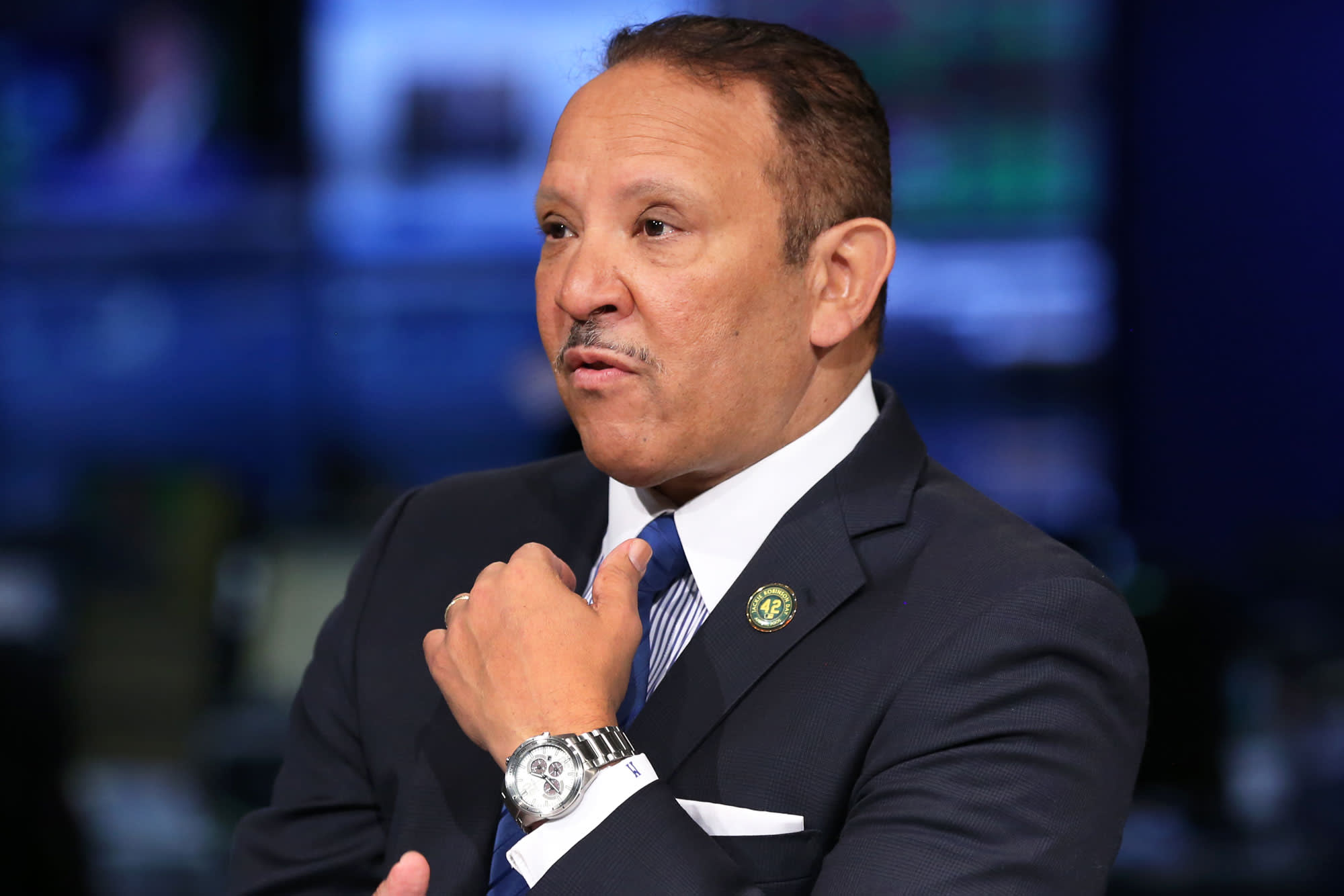According to Marc Morial, CEO of the National Urban League, the pandemic has left Americans desiring higher income and better working benefits. On “Power Lunch,” Morial remarked, “I sense that there is a shortage of good-paying employment because this labor deficit is at the bottom end of the economic ladder.” Meanwhile, the scenario has left companies with two options, according to the former mayor of New Orleans. “I believe that savvy firms will have to choose between ‘paying higher wages’ or ‘not being able to match client demand.'” Morial added that 70% of employment lost during Covid have returned, indicating that the labor economy is rebounding faster now than it was during the Great Recession. The Labor Department announced on Friday that payrolls climbed by 850,000 in June, much exceeding the Dow Jones forecast of 706,000. Wages increased by 0.3 percent last month, and are now 3.6 percent higher than a year ago, as expected. “We have to follow the evidence, and the evidence suggests that job searches are no faster in those states, for example, who have eliminated enhanced unemployment benefits,” Morial said. Other executives say the labor crisis is about more than just wages. Denny’s CEO John Miller told CNBC on Thursday that the restaurant business is having trouble filling open positions owing to people’s apprehension about returning to work, rather than a lack of staffing. Suzanne Clark, the chief executive of the United States Chamber of Commerce, said on CNBC on Thursday that a nationwide labor shortage has been exacerbated by a lack of skilled labor, pandemic-induced government jobless benefits, a lack of access to childcare, and restrictions on work visas for employees. Workers, particularly women with child-care obligations, Morial says, may be concerned about the possibility of contracting Covid-19. The problem is exacerbated in states with low immunization rates, where some people may be waiting for a better-paying job or a chance to work from home. As children return to school and many parents return to work, the fall season will be a significant transition moment, he said. Self-employment and small-scale business are appealing to those seeking alternatives to low-wage professions with irregular pay hikes, according to the Morial. “One thing that’s evident as I go around the country is that people are stretched,” Morial said. “They’re stretched because of increased rents due to a housing shortage, stretched because of childcare and the expense of that, and all of these factors form a new post-pandemic reality.” He explained that the post-pandemic reality “needs employers, others, and policymakers to recognize there is a ‘BC,’ before-Covid, and a ‘AC,’ after-Covid, and this is AC.”/n
Read MoreThere’s a shortage of good-paying jobs in post-pandemic world, National Urban League’s Marc Morial says
2021-07-02T23:37:10-04:00July 2nd, 2021|





